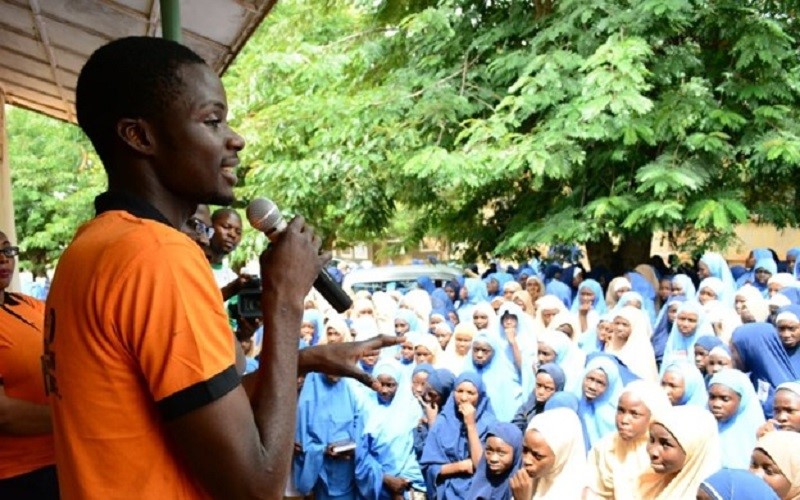
By Dr Betty Ogange
Education Specialist: Teacher Education, COL
This year’s theme for World Environment Day is #BeatPlasticPollution. The Commonwealth of Learning (COL) is taking this day as an opportunity to reflect on its partnerships in Environmental Education and Climate Change Education, both vital to COL’s ‘Learning for Sustainable Development’ strategy.
COL’s mandate in open and distance learning is seen to be an important contribution to evolving mitigation strategies for climate change, drawing from collaboration with relevant agencies and a global network of experts committed to the realisation of the goals of SDG4.
Learning for Sustainable Development
COL has been an active advocate of sustainable development through diverse programmes and partnerships. At the centre of these initiatives is the acknowledgement that education is a significant catalyst for change. Teachers play an important role in creating environmental awareness among learners and nurturing the next generation for more responsible behaviour towards the environment.
A recent COL publication titled Transforming Education for Climate Action: Report To Commonwealth Ministers of Education proposes ways in which ministers can make their education systems more climate resilient and introduces the core tenets of a ‘Green Learning Agenda’. This high-level advocacy campaign recognises teachers as key agents of change in the education system. The Report highlights the need to empower teachers to integrate climate change into whatever subjects they teach.
Green Teacher Nigeria
COL continues to work with partners to develop courses, available as open educational resources, to equip teachers and other stakeholders in environmental education with essential skills and knowledge to champion sustainable practices, striving for a more resilient future.
In collaboration with the National Teachers Institute (NTI) in Kaduna, COL is supporting the Green Teacher Nigeria Programme, which trains teachers in environmental education, with teacher educators as mentors in the programme. The programme has impacted not only the teachers and learners but also the teacher mentors themselves.
For instance, Mr Sadiq Shehu Abubakar, a member of staff at NTI, has been incorporating lessons on plastic pollution into his teaching since joining the programme in 2019. He has successfully instilled a deep understanding of environmental degradation in his students, thereby promoting a sustainable approach to the environment.
As part of the Green Teacher Nigeria programme, the educators involved aid learners in understanding the connection between plastic pollution and climate change, while demonstrating how every stage in the lifecycle of a plastic bag, from production to disposal, leaves a substantial carbon footprint.
Using the rise in temperatures and subsequent increase in consumption of bottled water as an example, teachers, like Sadiq, make the impacts of climate change more tangible and locally impactful to their students.
This year’s #BeatPlasticPollution campaign serves as an essential teaching tool in the Green Teacher Nigeria programme. Through Sadiq’s example, it illustrates how preventing each plastic item from polluting the environment contributes to a healthier, more sustainable world.
Teaching for Climate Action
Capacity development in ODL and technology-enabled learning is essential for effective training in climate literacy and environmental education. Drawing from climate change expertise from various institutions of higher learning, COL has developed the MOOC on Teaching for Climate Action.
This course, currently on offer for the first time, equips educators with pedagogical tools and strategies to deliver effective climate change education, fostering a broad-based climate change consciousness in learners and their communities. It has attracted over 1,200 participants from 60 countries and will run until 23 June 2023.
Every step matters
COL’s high-level climate advocacy, the Green Teacher Nigeria programme, and the Teaching for Climate Action course are but a few of the examples of the initiatives in climate change education, aimed to go beyond teaching and to inspire a generation of learners. The educators under these initiatives are shaping responsible, resilient and adaptable future citizens, ready to tackle climate change in different ways, including beating plastic pollution, because every step matters in the journey towards a sustainable world. Now, through collective action and continuous learning, a plastic-free future is in the making.
Happy World Environment Day!


